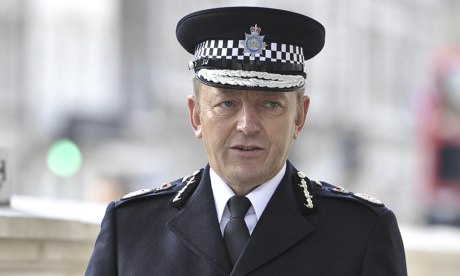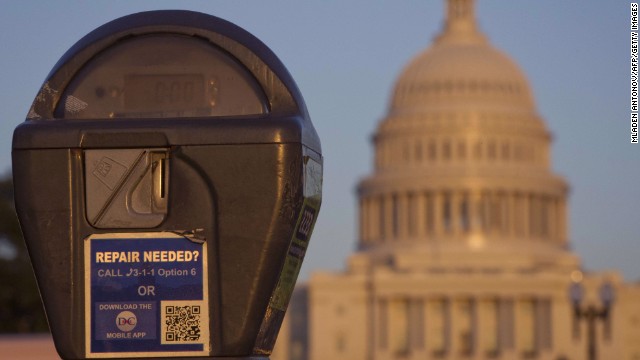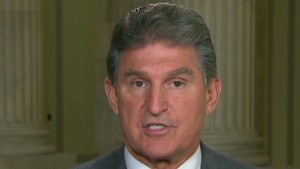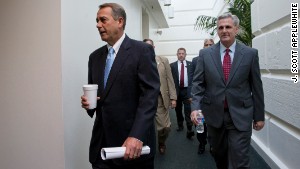
Prosecutor Fatou Bensouda (L) faces an uphill task of keeping up
with ICC push on African continent. Net photo.
The Heads of State, during the AU Summit in Addis Ababa, Ethiopia, spoke out against the selective justice dispensed by the court and pointed out that certain cases forwarded to ICC are clearly politically motivated.
Briefing local and international journalists in Kigali on Tuesday, President Paul Kagame elaborated on the AU stand.
“Everyone who needs justice should get it, it doesn’t matter where. You can’t have an international system that is supposed to dispense justice and it ends up doing it selectively or politically,” President Kagame said.
Rwanda is not a state signatory to the ICC and has for more than a decade articulated the unfair nature of the court.
So far, all ICC cases that have been brought before the Court are against Africans.
One of the distortions about Africa’s criticism of the ICC is that it is a plot to let leaders suspected of abuses off the hook. This is a diversion – protesting the bias of the court and seeking equitable justice is not equal to promoting impunity. The criticism levelled at the ICC must be examined on its own merit.
President Kagame said for the court to remain relevant it has to be universal and not serve as a tool used ttto control one part of the world.
There is little doubt that the strained relationship between the ICC and Africa will only get worse if the court does not listen to the widespread criticism by the very people its work is affecting.
In principle, leaders should be held accountable for whatever abuses they commit, any mechanism that attempts to push for accountability selectively is bound to fail. It should also be clear that trying to force a legal solution to a political problem can only result in chaos.
Although the current standoff between the AU and the ICC is a result of the Kenyan leadership being put on trial following the 2007 post-election violence, the court has consistently faced criticism from various parties prior to the Kenyan cases.
Much the same way as the abuse of universal jurisdiction by the more powerful countries, which has tended to be strictly one-way, the AU’s stand, and Rwanda’s, is about much more than one specific country or leader.
It will not be easy to dispel Africa’s concerns, but with a growing desire for, and efforts towards reconciliation, stability and development across the continent, Africa is rightly rallying together around this critical issue.
If institutions such as the ICC ignore Africa’s concerns, they simply may not last the test of time.
Contact email: editorial[at]newtimes.co.rw
Comments
The African leaders have shown their stand with regards to the ICC and particularly to the Kenyan cases.I am naturally a well wisher to Kenya but It will not be easy for President Uhuru not appear to ICC. Reason is simple. Kenya is signatory to the Rome statute. I think Kenya is aware of the article 27 of the Rome which quotes as follows: "Irrelevance of official capacity. This Statute shall apply equally to all persons without any distinction based on official capacity. In particular, official capacity as a Head of State or Government, a member of a Government or parliament, an elected representative or a government official shall in no case exempt a person from criminal responsibility under this Statute, nor shall it, in and of itself, constitute a ground for reduction of sentence".I guess what is going to happen to President Uhuru. If he is advised not to appear, ICC will issue an international warrant and as President Bashir, he will not be moving freely.Despite the selective justice, there is no one who is at ICC who has never had issues in country.I know politics works and unlock opportunities, but no African should be under any illusion that this is a simple matter.Em. Mugira
















 Military cemeteries closed around world
Military cemeteries closed around world
 Wounded Warrior Project steps in
Wounded Warrior Project steps in